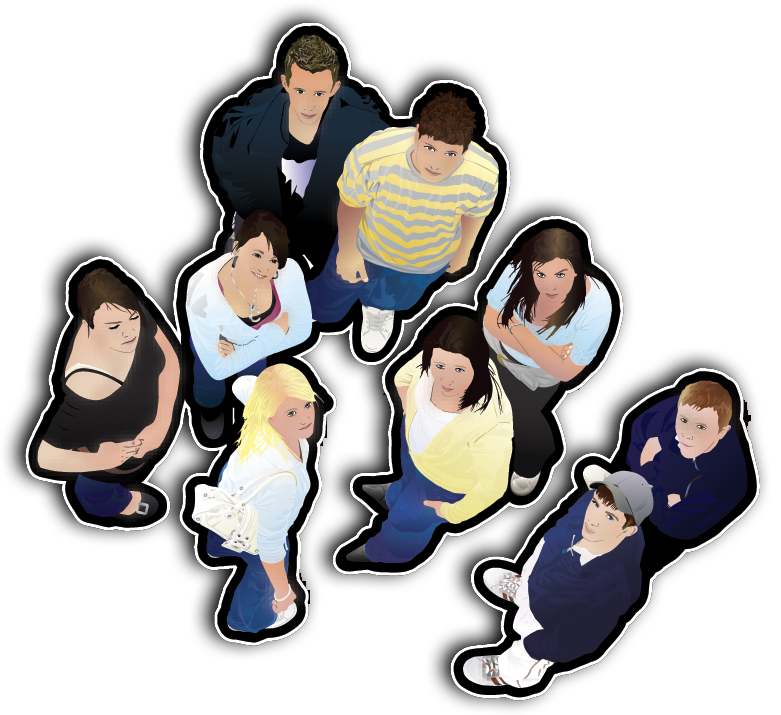Let someone know where you are going
If you're going out, one of the most important things you can do is to let someone know where you are going.
Plan your journey
- If there's no one else home and you are going out, leave a note, or phone or text someone. Tell them where you're going and when you'll be back.
- Make sure you know exactly where you are going and plan how to get there.
- Choose routes where there are busy places, such as shops, schools or friend's houses.
- Try to keep to well-lit main paths.
- If you have to walk on the road, walk facing the traffic.
- Never accept a lift from someone you don't know.
- Go out with someone else when you can, rather than by yourself, and return home with them as well.
Strangers
- If someone makes you feel uncomfortable, cross the street and find somewhere safe to get help.
- If someone approaches you and you feel scared, try to stay calm.
- If they ask for your bag throw it towards them and run to the nearest safe place to phone the police.
- If you feel threatened, shout 'fire', rather than 'help' as people are more likely to respond.
- Don't carry a weapon. This increases your chances of getting hurt. A personal alarm is much safer to carry.
Buses and trains
- On buses and trains, choose a seat near people rather than sitting on your own.
- Sit near the driver if there's no one else on the bus or train.
- If someone sits next to you and makes you feel uncomfortable, move closer to the driver.
- Don't let others know where you are getting off the train or bus.
- Keep an eye on your stuff – thieves and pickpockets operate on public transport in some areas.
- If you are using cash, try to have the right change so people do not see how much money you are carrying.
Taxis
It's always best to try to arrange lifts with your parents or trusted adults but it's not always possible.
Getting a taxi can be a safe way to get home but always remember:
- If you are at a friend's house, ask their parents to book you a taxi with a firm they have used and trust.
- Only use taxis that display proper taxi markings. Taxis will always have a special extra licence plate and drivers will show you their ID if you ask.
- It is safer to sit in the back of the taxi.
- It's okay to talk to taxi drivers but don't reveal any personal information.
- Store a reputable taxi firm phone number in your mobile. Consider booking in advance to prevent being left alone.
